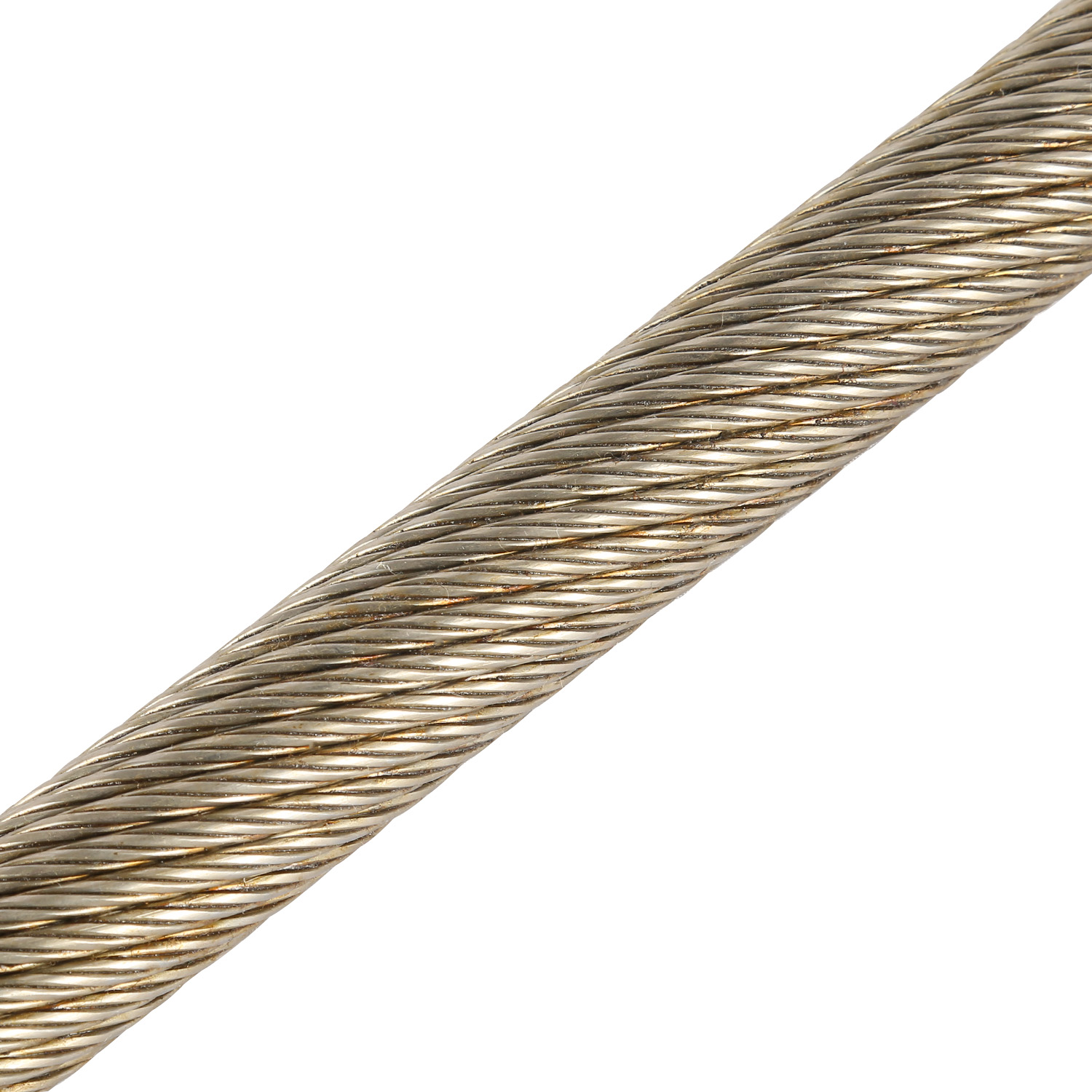Table of Contents
The Importance of Steel Wire Fire in Industrial Settings
Steel wire fire is a critical aspect of industrial settings that often goes unnoticed until a fire breaks out. Steel wire fire refers to the ignition of steel wires due to various factors such as overheating, electrical faults, or mechanical failures. These fires can have devastating consequences, leading to property damage, injuries, and even loss of life. Therefore, it is essential for industries to understand the importance of steel wire fire prevention and take necessary precautions to mitigate the risks associated with it.
One of the primary reasons why steel wire fire is a significant concern in industrial settings is the potential for rapid spread. Steel wires are often used in various applications, such as electrical wiring, machinery, and structural components. When a fire breaks out in a steel wire, it can quickly spread to other combustible materials in the vicinity, leading to a larger fire that is difficult to control. This rapid spread can pose a significant challenge for firefighters and emergency responders, making it crucial for industries to have robust fire prevention measures in place.
Another reason why steel wire fire is a critical issue in industrial settings is the high temperatures that steel wires can reach when ignited. Steel is a good conductor of heat, which means that once a fire starts in a steel wire, it can quickly reach temperatures that are hot enough to ignite surrounding materials. This can Lead to secondary fires and explosions, further exacerbating the situation and putting workers and property at risk. Therefore, it is essential for industries to implement fire-resistant materials and insulation to prevent the spread of fire from steel wires.
Furthermore, steel wire fire can also result in significant financial losses for industries. In addition to the cost of repairing or replacing damaged equipment and structures, industries may also face fines and penalties for failing to comply with fire Safety regulations. Moreover, the downtime caused by a steel wire fire can disrupt operations and lead to lost productivity and revenue. Therefore, investing in fire prevention measures, such as regular maintenance and inspections of steel wires, can help industries avoid these costly consequences.
To prevent steel wire fires in industrial settings, it is essential for industries to implement a comprehensive fire safety plan. This plan should include regular inspections of steel wires to identify potential hazards, such as frayed or damaged wires, and address them promptly. Industries should also ensure that all electrical systems are properly grounded and that equipment is maintained according to manufacturer guidelines. Additionally, industries should provide training to employees on fire safety procedures and evacuation protocols to ensure a swift and orderly response in the event of a fire.
In conclusion, steel wire fire is a critical issue in industrial settings that can have devastating consequences if not properly addressed. Industries must understand the importance of steel wire fire prevention and take proactive measures to mitigate the risks associated with it. By implementing a comprehensive fire safety plan, conducting regular inspections, and providing training to employees, industries can reduce the likelihood of steel wire fires and protect their workers and property from harm. Ultimately, investing in fire prevention measures is not only a legal requirement but also a moral obligation to ensure the safety and well-being of all individuals in industrial settings.


